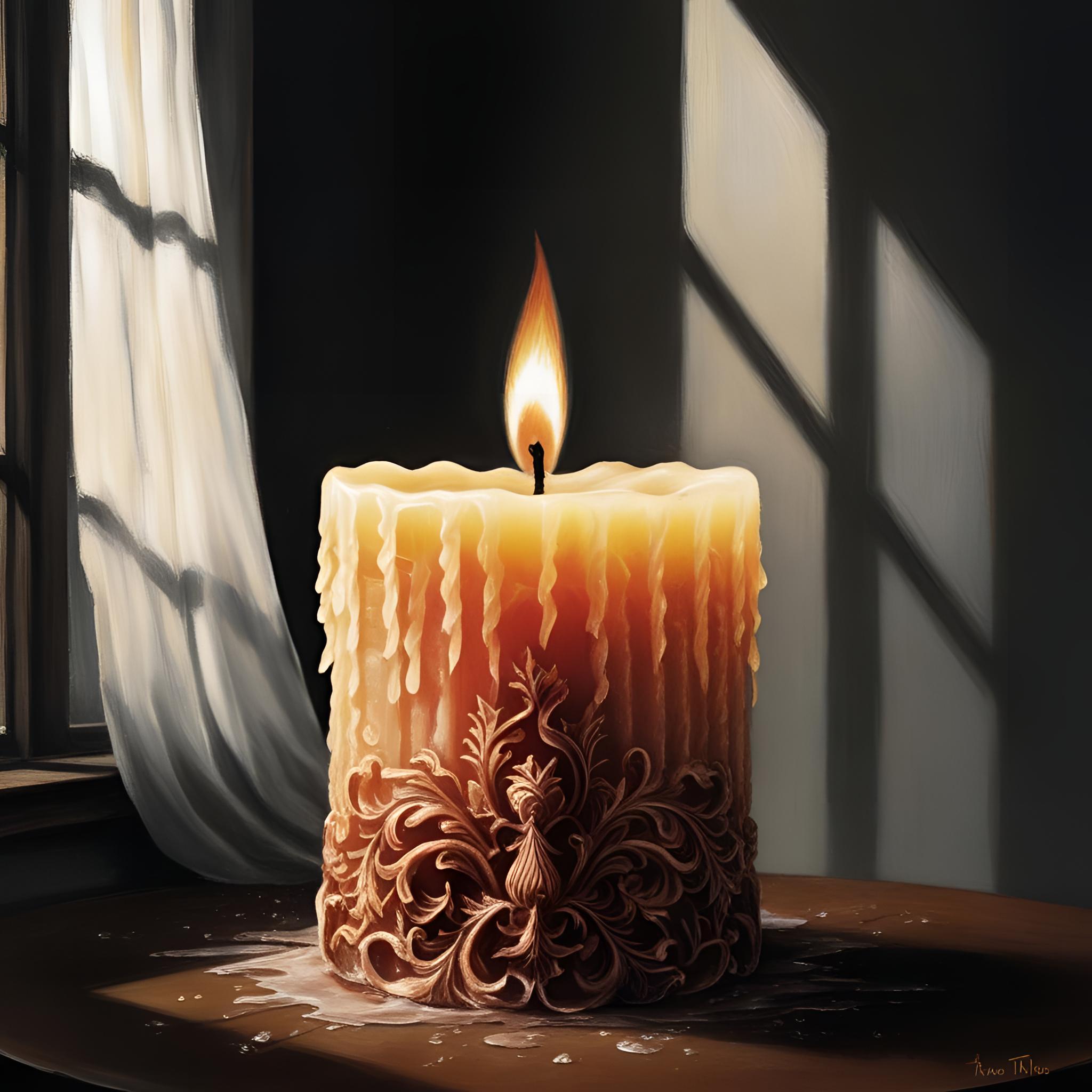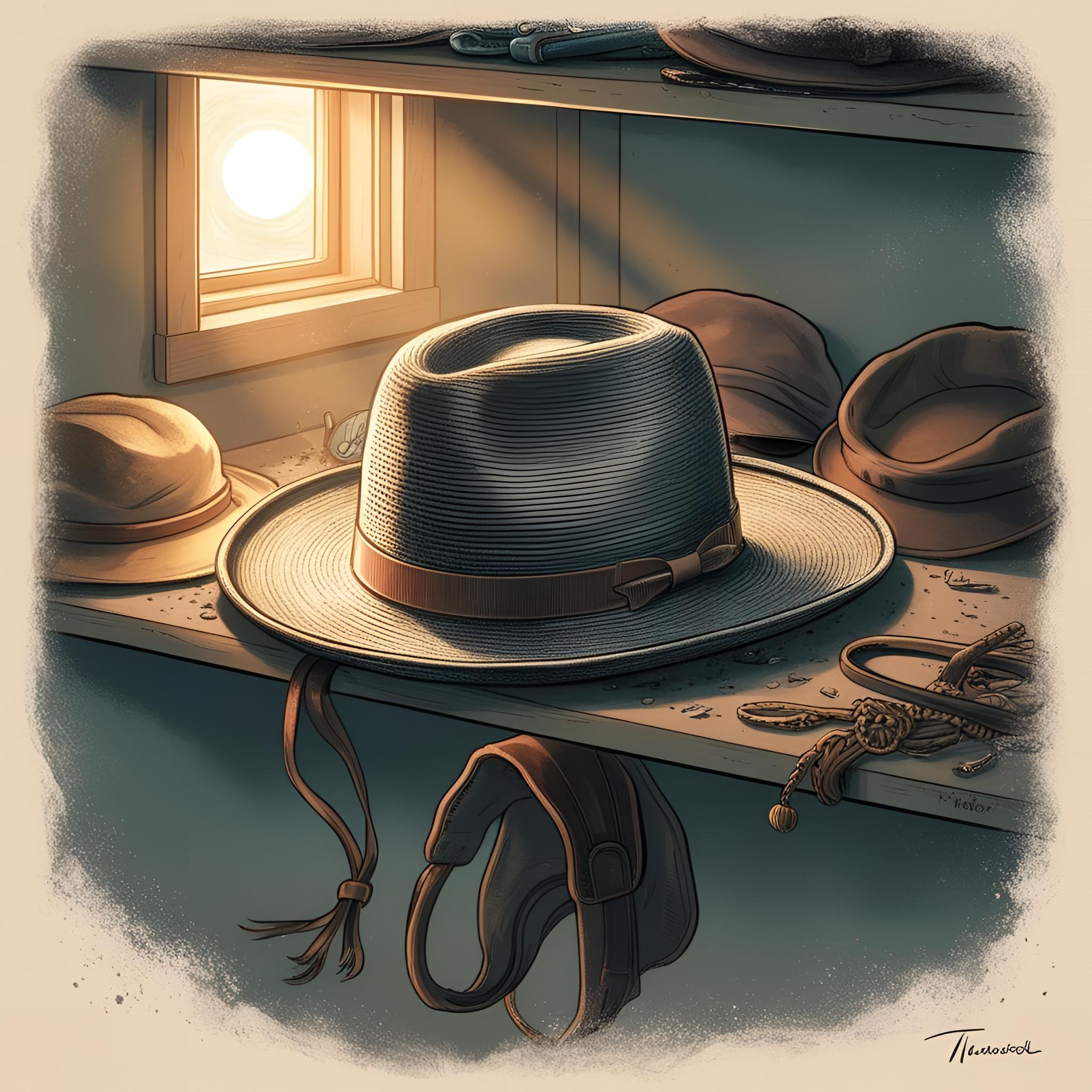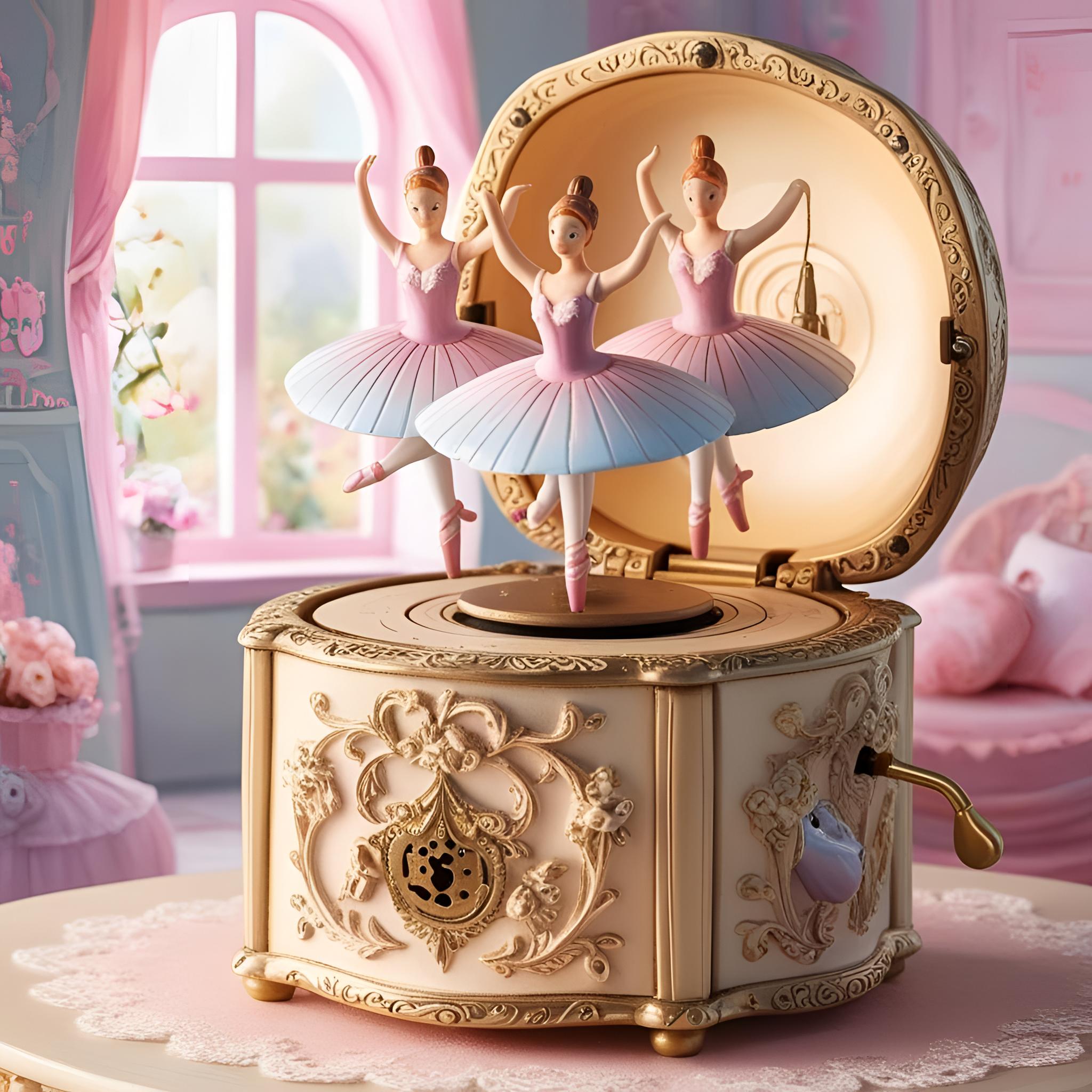And What Happens When They All Clap Too Loud
In the age of ring lights and reels, writers are no longer just authors; they’re personal brands, public voices, and sometimes, unwilling influencers. The modern literary marketplace is a bizarre circus where sincerity is often staged, competition masquerades as community, and the line between craft and clout grows increasingly thin with each scroll.
And here is the dilemma: what to market most:
Your Book or Your Self?
Scroll through any author’s feed, and you’ll notice two camps:
– The Personal Branders – “Here’s my morning routine, my fears, my dog, my trauma, my tea.”
– The Ghost Authors – Just book covers, shelf shots, and moody page flips. No face. No voice. Just the product.
And somewhere … rarely … you’ll find a few trying to walk the tightrope between, but they often feel strained, staged, or surgically edited for applause.
This is the knife-edge.
Readers don’t just buy books. They buy minds. They buy trust, taste, and tone.
That doesn’t mean baring your soul or spamming your Amazon link. It means crafting a presence that reflects your tone, your rhythm, your obsessions.
It doesn’t require oversharing your private life but crafting a presence that reflects the style, voice, and philosophy of your writing.
Show how you see, not just what you made.
A sharp opinion, a strange metaphor, a clever truth; those build identity without therapy-speak or TikTok tears. You don’t owe the internet your feelings.
Just your craft, well-dressed.
The Fragile Ego of the Over-Exposed Author
Here’s a trend: authors who constantly post about themselves often can’t handle critique. They collapse under comments that aren’t cloyingly positive.
They block. They subtweet. They spiral.
Why?
Because when you are the product, any negative feedback feels existential. And when your identity is inseparable from your work, you’re not building a platform, you’re building a glasshouse with a loudspeaker.
This is why you need distance. Your book can be critiqued. Your ideas can be debated. But you, as a person, shouldn’t be hostage to strangers’ opinions.
The healthiest authors I’ve seen online can say:
“Thanks for reading,” to a compliment,
“Interesting take,” to a critique, and move on without licking wounds in public.
On Writer Communities Where Everyone Sings the Same Song
Support is beautiful, necessary even, because writing is a lonely process.
But here lies the velvet trap.
A community that only praises and never questions becomes an echo chamber and an enemy to growth. It’s soft narcissism with a coat of pastel encouragement.
You need a circle that respects the work enough to challenge it.
Communities built on truth last.
Communities built on dopamine implode.
Real support means respect for the work, not just the effort. It means:
– Honest critique when a metaphor flops.
– Constructive challenge when the story slouches.
– Celebration because it’s good, not just because it’s done.
Don’t seek a fan club.
Seek a creative forge.
Think of your author presence like a novel.
You wouldn’t write a protagonist who talks only about themselves. You wouldn’t publish a book that was 100% plot or 100% prose. You wouldn’t trust a character who only ever said “you’re amazing!” to everyone.
So why run your author life that way?
Mix the personal with the poetic. Show the work, but show the mind behind it. Engage, but with elegance. Speak like your book deserves a discerning reader, not a pity purchase.
And if that costs you followers?
So be it.
Better alone in truth than beloved in blandness.
And Don’t Forget the Competitive Undercurrent
Behind the pastel posts and group hashtags, competition simmers.
Writers can be tribal, and sometimes tribalism hides rivalry. They will pretend “we’re all in this together,” that “your success is my success,” that “there’s room for everyone.”
But let’s not play dumb.
No one says it, but here’s the subtext:
– Every “I just signed with…” tweet? A dozen unread manuscripts burn with bitterness.
– Every success? A quiet subtraction from someone else’s sense of progress.
– Every pre-order you get is one they didn’t.
– Every rave review you post is a reminder that they’re still waiting for one.
– Every cover reveal is a micro-victory in a war of aesthetics and taste.
and so on.
And the worst part: social media magnifies this. It’s a stage and a scoreboard.
There is a lot of FFF (False Friendships in the Field) strategic alliances disguised as personal relationships. They’ll cross-promote, comment on each other’s posts, tag you in lists… not out of love, but leverage.
The moment your spotlight dims, they vanish like morning fog.
This is especially common in genre circles, debut cohorts, and community hashtags. Behind the scenes, envy festers like a neglected plot hole.
And how to navigate competition without losing your soul
Know your lane, but don’t build blinders.
You are not your peers. You’re not writing their book. You’re cultivating a tone and a truth no one else can.
Compete on craft, not clout.
Let their numbers make you curious, not bitter. Let their success remind you what’s possible, not what’s being taken from you.
And don’t feign support.
Be selective and sincere. You don’t have to clap for everything. You don’t have to comment on every book’s birthday.
Real support is earned, not automatic; make it mean something: a thoughtful review, a private message, a quote from their work you actually loved.
Understand the Game, but Don’t Become It.
You know that some writers win at marketing because they’re great at selling themselves, not because their writing’s deep. You can play the visibility game strategically without morphing into a human billboard.
Market in a way that builds curiosity, not just noise and remember that healthy rivalry is not the enemy.
A true competition, the kind that sharpens, not poisons, is rare but powerful. A peer whose talent pushes yours higher, whose success lights a fire under your edits. Treasure that. Let it humble you, but never crush you.
– Be wary of the forced smile.
– Be allergic to the empty applause.
– Watch who claps when your book hits shelves, and who stays silent.
And above all: write so damn well they can’t copy you, outshine you, or ignore you.
Because in the end, competition only matters before the reader opens the book.
After that? It’s you and the page. No one else gets in.
How to Find the Right Writer Companions (and Dodge the Pretenders)
Not every writer is your people. Most aren’t. That’s fine.
Writing is not a religion. You don’t need a congregation.
You need a coven, or a sparring circle, or maybe just one or two sharp-eyed souls who know when to nod and when to stab (gently, in the service of better prose).
Loneliness is the cost of originality, but total isolation is how your ideas start to rot in their own juices.
Other writers can be lifelines or leeches. You’re not shopping for cheerleaders. You’re seeking comrades in art.
Here’s who to avoid:
– Chronic Praisers – They “love” everything. That means they understand nothing.
– Clout Chasers – Their writing changes with trends. Their loyalty ends with visibility.
– Toxic Cheerleaders – Everything is “amazing,” until you surpass them.
– Engagement Zombies – Metrics-first, meaning-optional.
And keep those who show:
– Stylistic Compatibility – They don’t have to write like you, but they should respect the risks you take. And vice versa.
– Craft over Clout – They talk structure, voice, revisions; not just how many pre-orders they hit or what cover font pops.
– Surgical Honesty – They’ll tell you when your metaphor limps or your dialogue clangs, but they’ll also tell you when it sings.
– Different Strengths – One’s great with plotting, another with pacing, another with line edits. Together, you build stronger books.
Test before trusting. Swap a short piece first. Not your novel, not your heart’s blood. Just a scene. A few pages. See how they handle your words.
Ask what kind of feedback they want from you, and listen to how they give it back. Is it defensive or vague? Politely flee.
Time reveals temperament. Pay attention to how they react to their own setbacks. It’ll tell you everything about their creative maturity.
Always look for honesty, not flattery.
You don’t need to be loud to be seen.
You don’t need to be soft to be liked.
You don’t need to be in a group chat to grow.
The right audience? It will sharpen you, stretch you, surprise you by reading something dark and weird, underlining a sentence not because it’s popular, but because it glows.
And when you find them? Keep them close. Not too many. Not too loud. Just enough to remind you you’re not mad for loving language this much.
But you do need clarity. A voice. A standard. A refusal to play small or sell fake.
Your real audience will find you not by volume, but by resonance.
So post with purpose.
Share with taste.
Compete like a craftsman, not a politician.
And when in doubt?
Write better than them all. Quietly, ruthlessly, beautifully.
P.S. Born of deep research and sharper instincts, this article distils the author’s reflections on a shifting literary landscape.
One Comment
Leave A Comment
Subscribe
The Inner Orbit
We value your trust!
Your address is safe in the vault.
We’ll only use it to send you letters worth opening; no spells, no spam, no secret salesmen.






















Interesting and true!